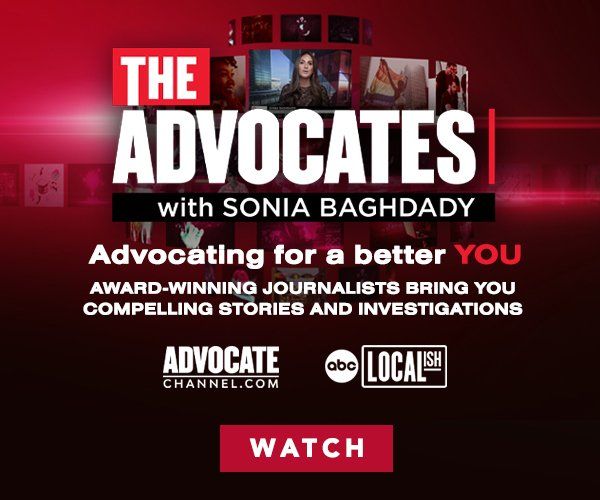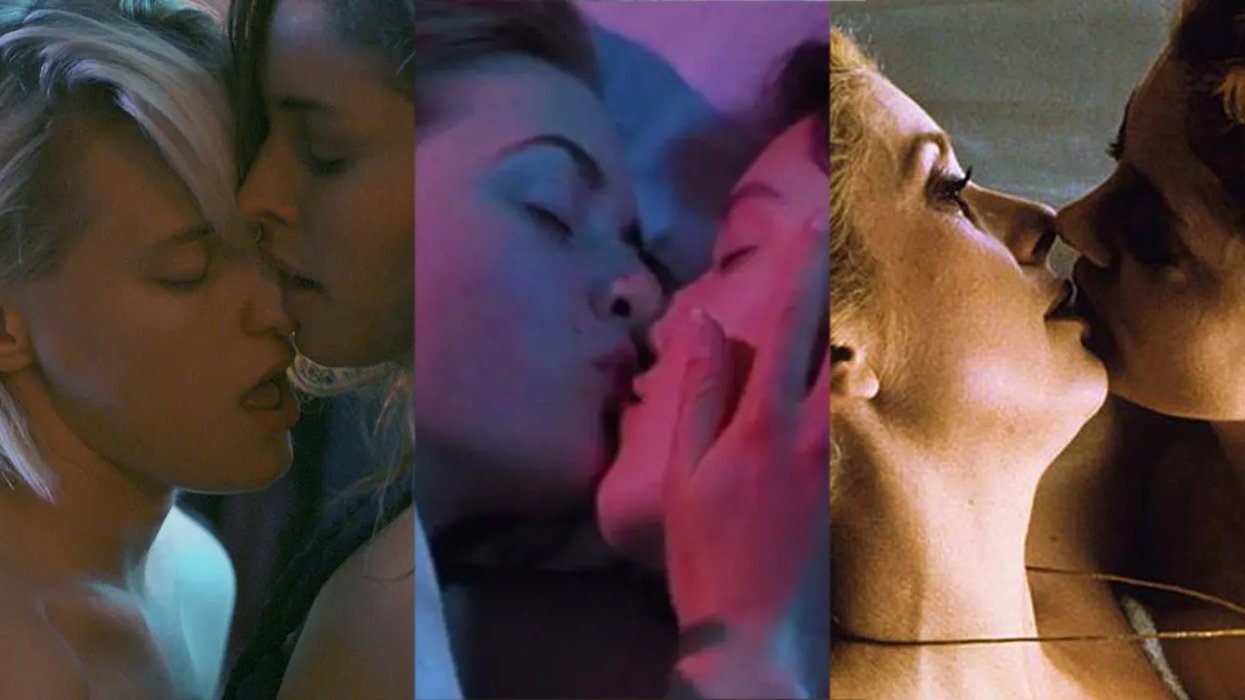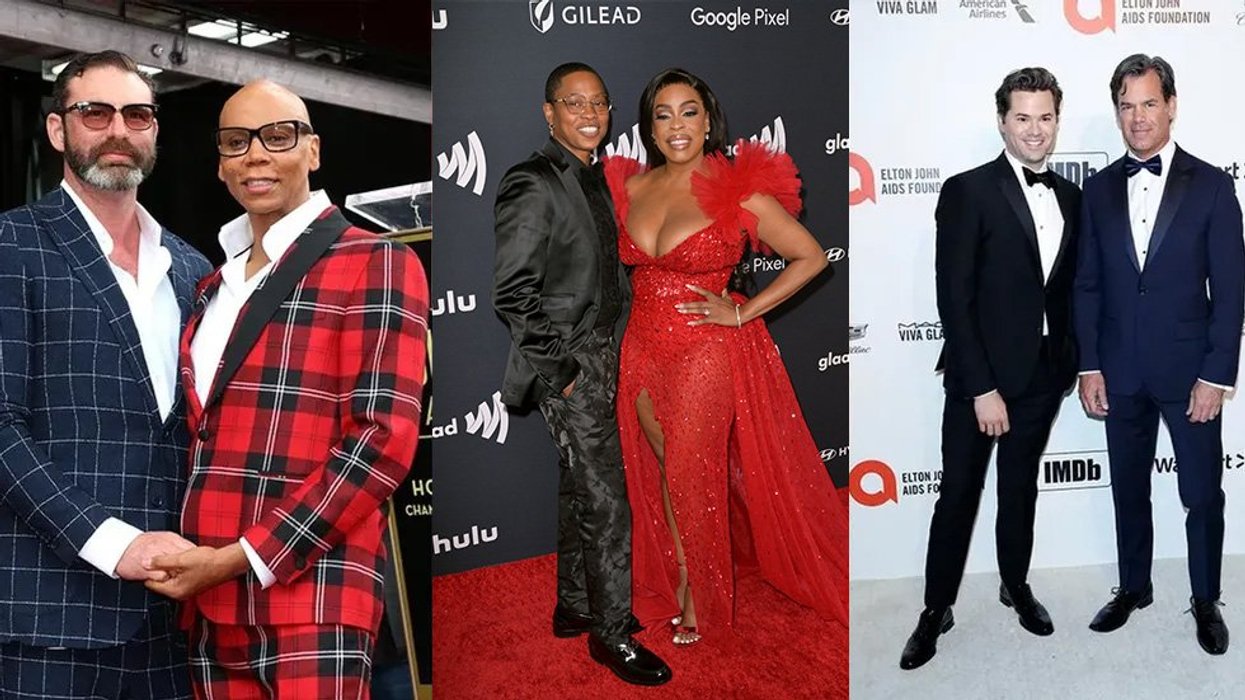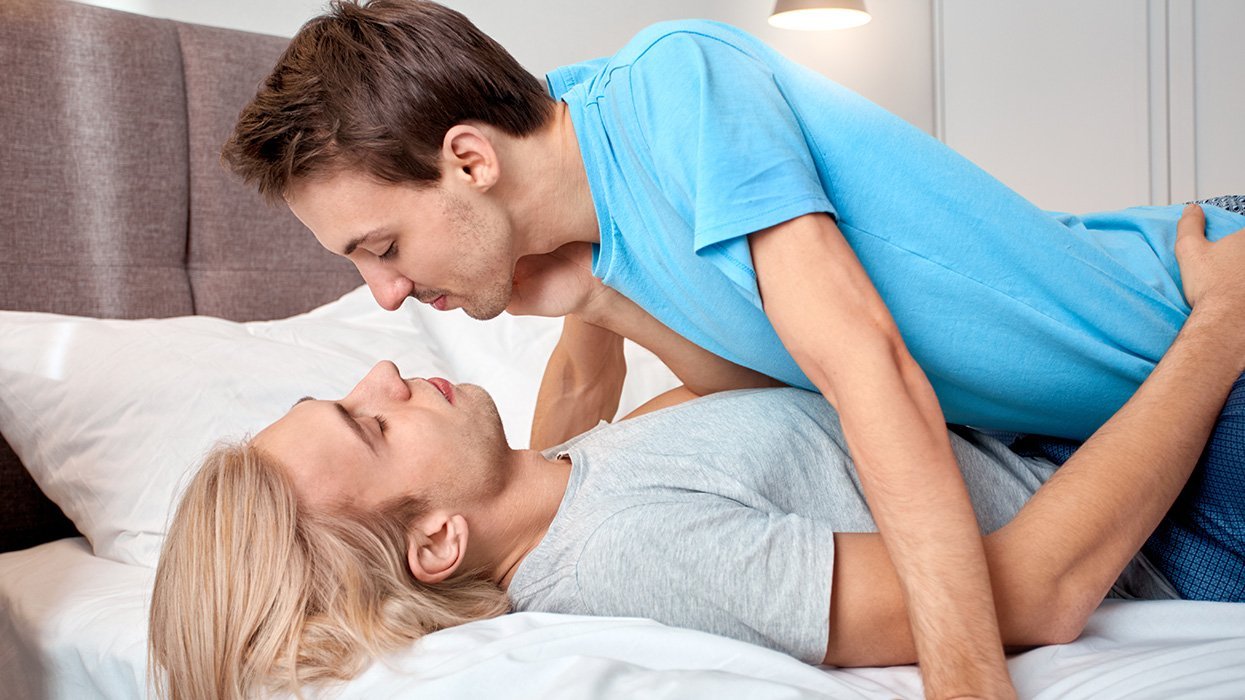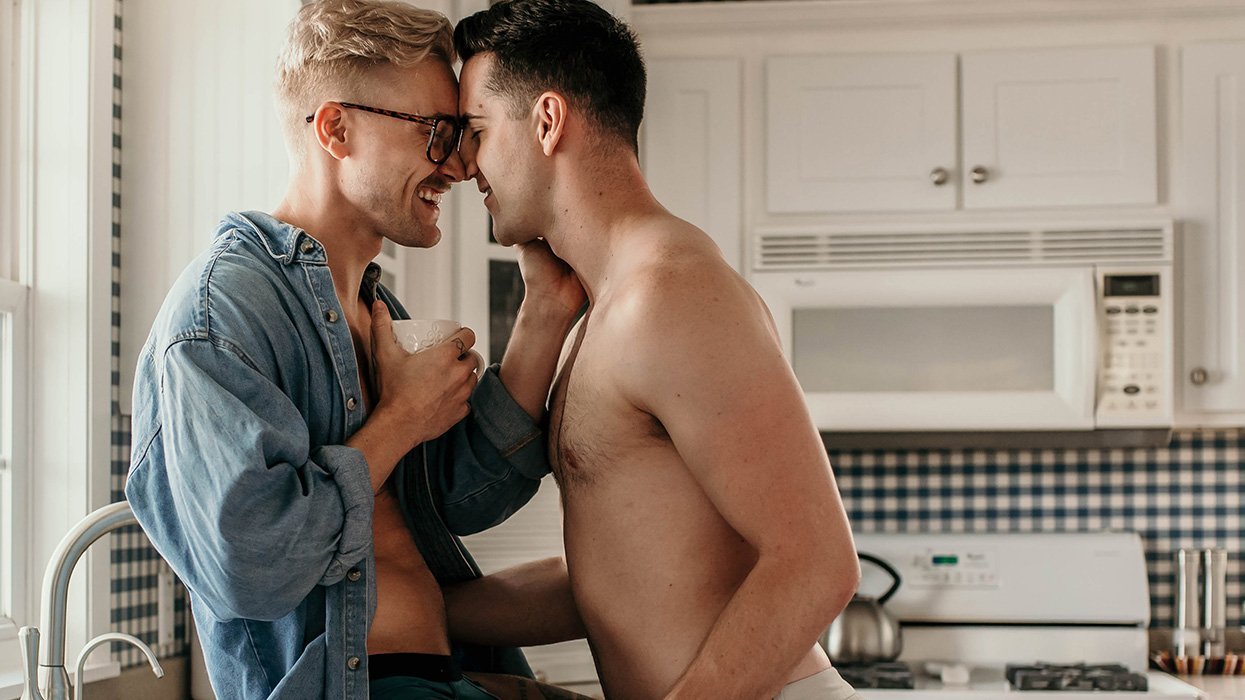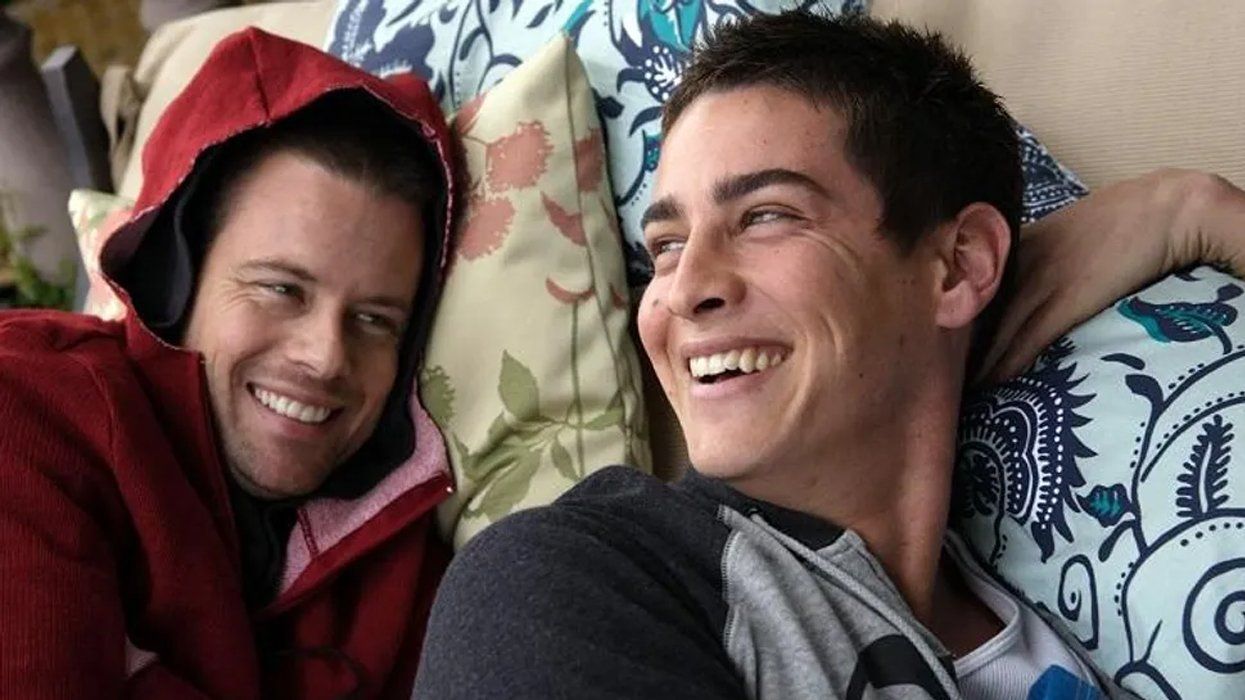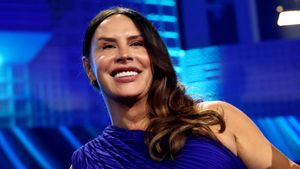In a 5-4 decision, the U.S. Supreme Court has ruled that cameras will not be allowed in the court room for the duration of the federal case challenging California's same-sex marriage ban. This overrules Judge Vaughn Walker's move to permit real-time video streaming of the trial.
The ruling comes after a half day of proceedings Wednesday morning that found attorneys for Proposition 8 arguing that voters could support a ballot measure against marriage equality without being motivated by antigay sentiment.
Exhibit A: President Barack Obama.
Quoting from Obama's book
The Audacity of Hope, defense attorney David Thompson noted that Obama had written that society had "carved out a special place for a man and a woman." Thompson asked the plaintiffs' expert witness, Yale professor and historian George Chauncey, whether "it is possible to have a position [against same-sex marriage] and not morally disapprove of gays and lesbians." (Chauncey allowed that it was "possible.")
Thompson's line of questioning was clearly aimed at fighting plaintiffs' contention that Prop. 8 was motivated by animus for gays and lesbians. Initiatives that excluded gays from state antidiscrimination laws as a result of antigay sentiment have been ruled unconstitutional by the U.S. Supreme Court.
In his cross-examination Thompson also sought to disqualify gays as a "suspect class"- a minority that suffers discrimination based on a trait they cannot change and has little political power with which to fight for their rights. He introduced evidence suggesting that the political, legal, and cultural landscape for gay people is much better today than it was in past decades. Thompson attempted to portray gays as a powerful minority with many political allies.
Thompson asked Chauncey whether gays have a "powerful ally" in U.S. House speaker Nancy Pelosi. Chauncey asked what he meant by "powerful ally," and Thompson replied, "Q champion for their cause."
"I'm not sure I would agree," Chauncey said. He noted there had been a number of important pieces of federal legislation sought by the LGBT constituency that Pelosi has not yet allowed to be brought forward to the House floor. "Some would question how powerful an ally" she is, Chauncey said.
On her redirect of Chauncey, San Francisco chief deputy city attorney Therese Stewart had Chauncey explain how the gay movement in its early years was focused on simply trying to stop everyday violence against gays and police raids on bars, and efforts to secure nondiscrimination laws in housing and the workplace.
She asked Chauncey whether some African-Americans opposed desegregation during the black civil rights movement. Chauncey said there had been such debates, often concerned with fears about "pushing the white power structure too far."
Plaintiffs' expert witness testimony continues this afternoon.










































